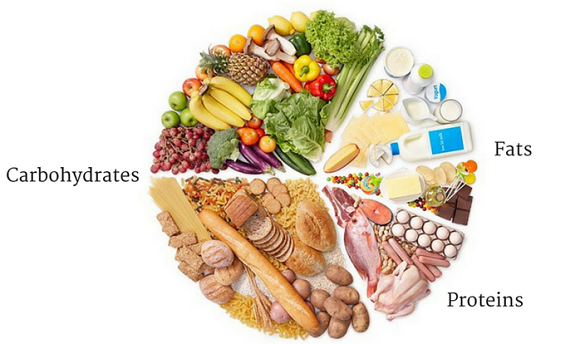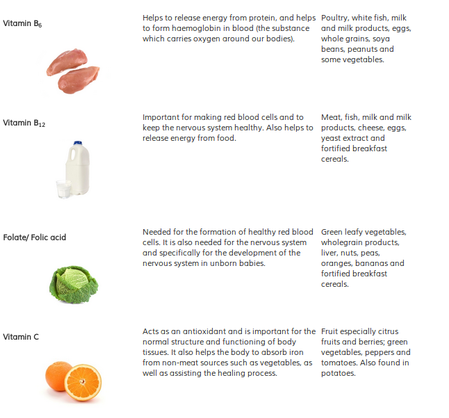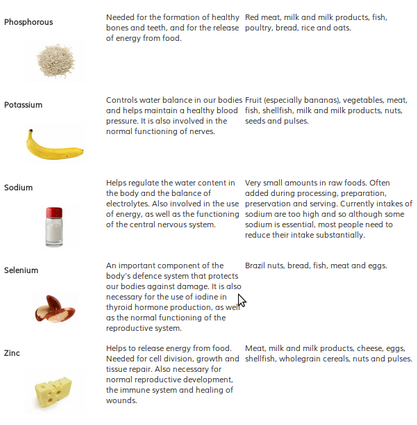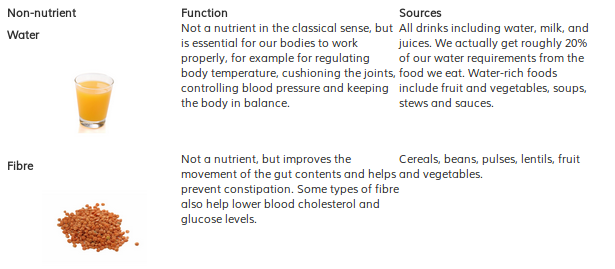
Introduction
Food provides the energy and nutrients you need to be healthy. It is important to eat a variety of foods to get all the nutrients you need.
Nutrition
Nutrition is the science that interprets the interaction of nutrients and other substances in foods in relation to maintenance, growth, reproduction, health and disease of an organisms. Nutrients are components in foods that an organism uses to survive and grow. Macronutrients provide the bulk energy an organism’s metabolic system needs to function while micronutrients provide the necessary co-factors for metabolism to be carried out. Both types of nutrients can be acquired from the environment.
Macronutrients
- Carbohydrates – It provides energy for the body. Sources are all starchy foods, such as bread, rice, potatoes, pasta, cereals and cereal products; fruit and starchy vegetables, milk and milk products, sugar, preserves and confectionery.
- Protein – Provides amino acids (building blocks) that we can’t make ourselves. Needed for growth, development and repair of the body. Also provides energy. This can be found in meat, fish, eggs, dairy foods, cereal products such as bread, soya products, nuts and pulses.
- Fat – Provides essential fatty acids (that we can’t make ourselves but need in small amounts), as well as energy. It also carries important fat-soluble vitamins and is important for their absorption. Sources of fats are fats and oils, meat and meat products, dairy foods, oily fish, nuts, cakes, biscuits, pastry products, crisps and other snacks, chocolate.

Micronutrients
Water-soluble vitamins
Water-soluble vitamins cannot be stored in our bodies and are readily excreted. These includes Vitamin B1, Vitamin B2, Vitamin B3, Vitamin B6, Vitamin B12, folate and Vitamin C.


Fat-soluble vitamins
Fat-soluble vitamins are absorbed through the gut with the help of fat. These include vitamin A, vitamin D, vitamin E and vitamin K.

Minerals
There are certain minerals we need to keep our bodies healthy. These include calcium, fluoride, iodine, iron, magnesium, phosphorous, potassium, selenium, sodium and zinc.


Non-nutrients
Water and fiber are non-nutrients, but are important substances that we need to include in our diets to stay healthy.

Published: Jul 14, 2016
Latest Revision: Jul 14, 2016
Ourboox Unique Identifier: OB-177926
Copyright © 2016








